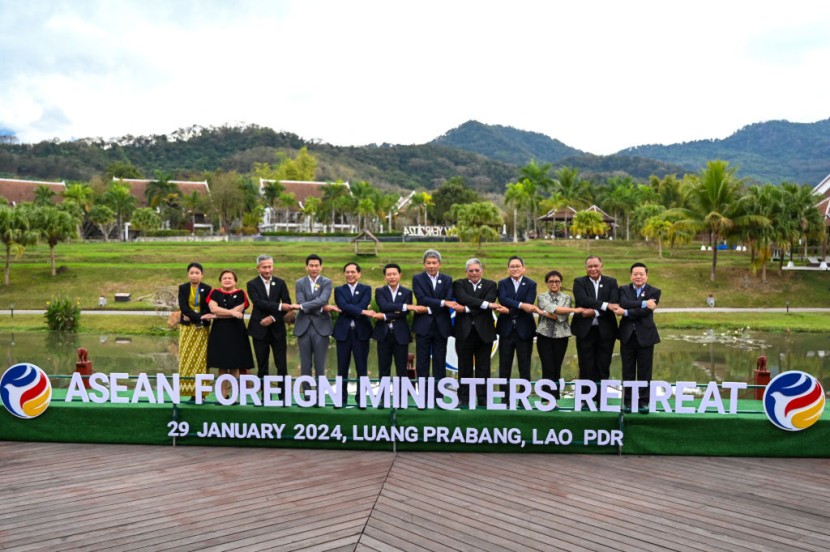Myanmar's military has drawn condemnation from nine members of the United Nations Security Council for airstrikes undertaken by the country's armed forces in ongoing violence that stems from the military coup that installed the current regime in 2021.

The members condemned what they called "indiscriminate" airstrikes against civilians before an envoy that briefed the council as part of regional efforts to bring about a peace plan.
The plan being put forth was adopted in 2021 shortly after the military seized power. It calls for an immediate end to violence in Myanmar, a dialogue between the concerned parties, mediation by a special envoy from the Association of Southeast Asian Nations, humanitarian aid via ASEAN and a visit to Myanmar by UN special envoy Alounkeo Kittikhoun.
The special envoy is a veteran diplomat who is committed to implementing the "five-point consensus" plan that is was crafted by the ASEAN, according to a council diplomat familiar with the meeting and who spoke on the condition of anonymity.
Thus far, the military leadership in Myanmar has largely ignored the plan, and the violence and human suffering have increased exponentially since 2021.
In February 2021 the military seized power from the democratically elected government of Aung San Suu Kyi and is currently facing a pro-democracy insurgency movement that is being assisted by ethnic minority fighting forces composed of individuals from the Arakan Army, the Myanmar National Democratic Army and the Ta'ang National Liberation Army, collective referring to themselves as the Three Brotherhoods Alliance. The military increased airstrikes in the region following a major offensive launched by the Three Brotherhoods Alliance in October 2023.
The combined rebel forces have seized towns in the northeast of the country and major border crossings for trade with China.
The nine council members in question include Ecuador, France, Japan, Malta, South Korea, Slovenia, Switzerland, United Kingdom, and the United States.
More than 18 million people are in need of humanitarian aid, and 2.6 million people have been displaced, since the fighting began. The UN Security Council expressed concern about the state of Rakhine, which borders Bangladesh. 1 million Rohingya Muslims fled the area seven years ago following attacks by the Arakan Army.
Bangladeshi officials said that more than 100 members of Myanmar's Border Guard police fled from fighting with the Arakan Army over the past two days and sought refuge in Bangladesh. This is reportedly the first known incident of Myanmar's forces fleeing since the rebel offensive began.
The nine council nations expressed increasing concern that the Rohingya still in Myanmar, who have faced systematic discrimination for decades, are now contending with more restrictions on freedom of movement, as well as the denial of access to medicine and medical care.
© 2026 HNGN, All rights reserved. Do not reproduce without permission.








